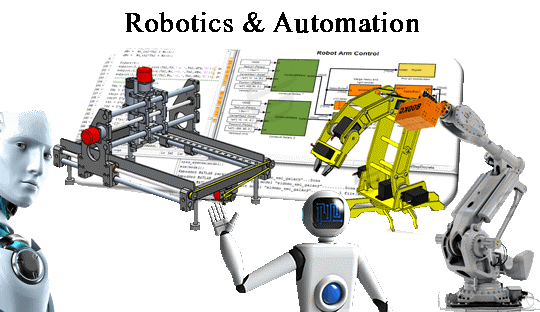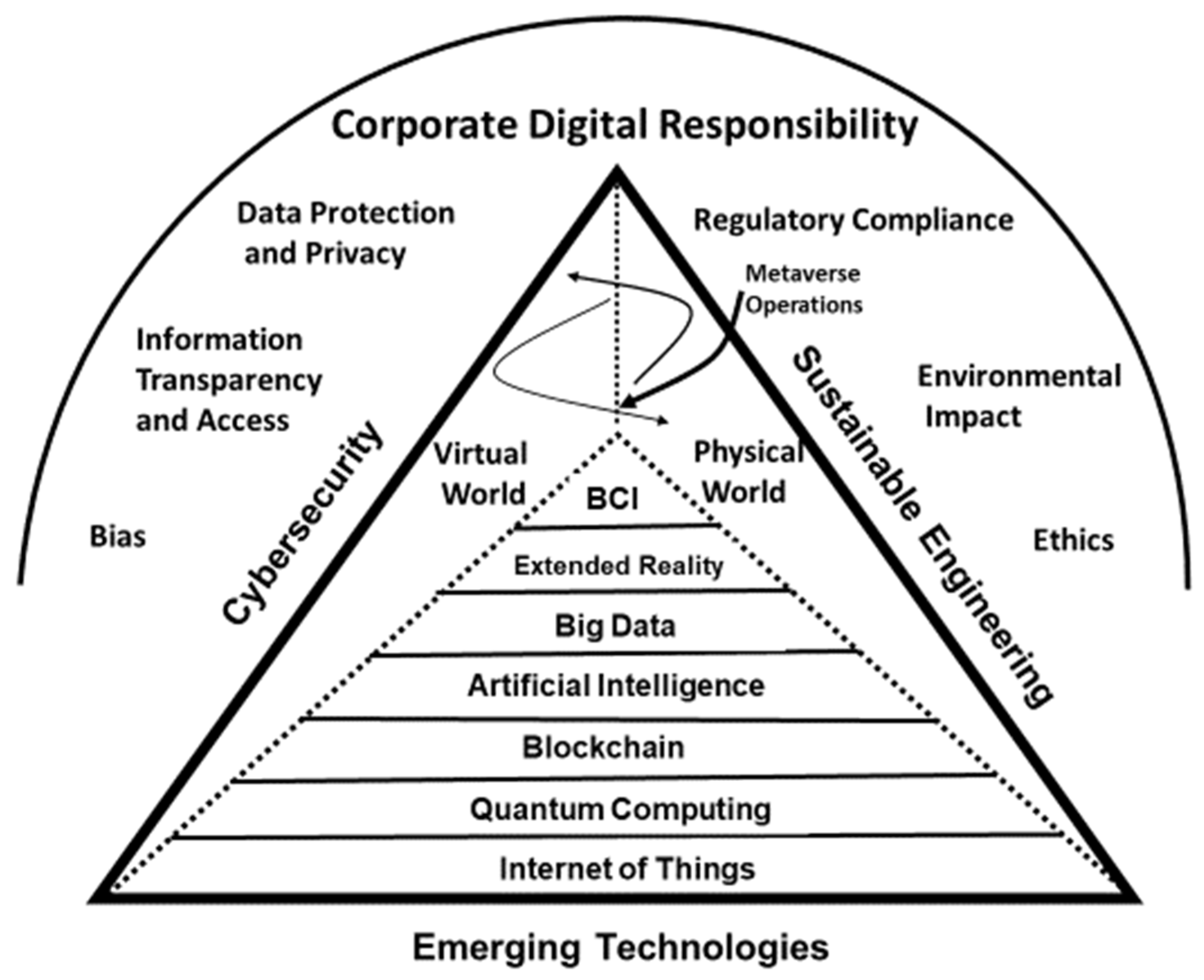
- Introduction
- Civil Engineering: Smart Cities
- Mechanical Engineering: Robotics
- Electrical Engineering: Renewable Energy Solutions
- Electronics Engineering: IoT Devices
- Software Engineering: AI-Powered Apps
- Emerging Technologies in Engineering
- Conclusion
Introduction
Engineering is the cornerstone of technological advancement, shaping the infrastructure, systems, and devices that power modern society. Across its many disciplines ranging from civil and mechanical to software and biomedical engineering plays a critical role in addressing global challenges and improving quality of life. Each branch brings its own set of tools, knowledge, and methodologies, enabling the creation of solutions tailored to specific needs, from building sustainable cities and developing autonomous machines to advancing healthcare technologies and revolutionizing data management. In today’s fast-paced, innovation-driven world, the convergence of engineering with emerging technologies such as artificial intelligence, Data Science Training, the Internet of Things (IoT), 3D printing, and renewable energy systems is transforming traditional practices. Engineers are not only problem-solvers but also visionaries who drive the future of industries through continuous research, experimentation, and application of new ideas. This comprehensive overview highlights key engineering fields and explores the most exciting and impactful projects being undertaken, demonstrating how interdisciplinary innovation is the engine behind global progress and development.
Eager to Acquire Your Data Science Certification? View The Data Science Course Offered By ACTE Right Now!
Civil Engineering: Smart Cities
Smart cities leverage cutting-edge technology and data-driven solutions to create more efficient, sustainable, and livable urban environments. These cities are designed to enhance the quality of life for residents, optimize resource management, and improve overall urban functioning. At the core of these transformations is the integration of advanced technologies such as the Internet of Things (IoT), Big Data Analytics, and artificial intelligence, which work together to drive improvements in various aspects of urban life. Civil engineers play a vital role in designing and implementing the infrastructure that underpins smart cities. Their expertise is essential in integrating IoT sensors throughout the city to monitor and manage systems such as traffic flow, waste management, water usage, and air quality. By embedding sensors into everyday infrastructure, civil engineers help collect real-time data that can be analyzed to ensure the smooth operation of urban systems, thereby improving efficiency and sustainability. One of the major components of smart cities is the use of automated traffic systems that leverage AI and data analytics to reduce traffic congestion. These systems use real-time data from sensors and cameras to adjust traffic light timings, provide dynamic route recommendations, and enable smart parking solutions. By alleviating traffic bottlenecks, these systems contribute to smoother commutes, reduced emissions, and improved public safety.
Mechanical Engineering: Robotics
- Design and Development of Autonomous Machines: Engineers focus on creating robots that can perform tasks without human intervention, including robotic arms, automated vehicles, and industrial robots.
- Applications in Manufacturing: Robotics is extensively used in precision manufacturing, where robots perform repetitive, high-precision tasks, improving efficiency and reducing errors.
- Healthcare Applications: Robots play a critical role in medical surgeries, where they assist surgeons with precision, enhance safety, and enable minimally invasive procedures.
- Logistics and Supply Chain: Robots are employed in logistics for tasks such as packaging, sorting, and transporting goods, optimizing supply chains and reducing human labor costs.
- Advancements in AI and Machine Learning: With Top AI and Machine Learning, robots are becoming more adaptive and intelligent, allowing them to learn from experience and improve task performance over time.
- Complex Task Performance: Modern robots are now capable of handling complex tasks, from assembling intricate components to navigating challenging environments.
- Industrial and Commercial Applications: Robotics drives innovation across various industries by automating processes, enhancing productivity, and ensuring high precision in tasks.
- Autonomous Exploration: Robots, especially drones and rovers, are used for autonomous exploration in challenging environments like space, underwater, and hazardous terrains.
- Impact on Workforce: Robotics is transforming the workforce by automating manual and dangerous tasks, improving safety and allowing humans to focus on higher-level decision-making tasks.

Electrical Engineering: Renewable Energy Solutions
Electrical engineers play a pivotal role in advancing renewable energy technologies, such as solar, wind, and hydropower, driving the shift towards a more sustainable energy future. They design and optimize energy grids that integrate renewable sources, ensuring stable and reliable power distribution despite the intermittent nature of these resources. These engineers also develop power electronics that efficiently convert and control electrical energy, alongside energy storage systems like advanced batteries which store excess energy for use during low-generation periods and apply Data science Training to optimize system performance and energy management. Innovations in smart grids allow for real-time monitoring and optimization of energy distribution, enhancing the integration of renewables into existing networks. Moreover, electrical engineers contribute to energy-efficient devices that help reduce consumption and lower environmental footprints. By improving sustainable power generation methods and modernizing infrastructure, they ensure the seamless integration of renewable energy while minimizing environmental impact. Their work is essential in reducing reliance on fossil fuels, promoting energy sustainability, and driving efforts to mitigate climate change.
Excited to Obtaining Your Data Science Certificate? View The Data Science Training Offered By ACTE Right Now!
Electronics Engineering: IoT Devices
Electronics engineers are at the forefront of designing Internet of Things (IoT) devices that facilitate seamless connectivity and automation across various industries. These devices, including smart home systems, wearable technology, and industrial sensors, are built to collect and transmit data in real-time, enabling users to monitor and control systems remotely. Engineers focus on key factors such as circuit design, low power consumption, and optimizing wireless communication protocols to ensure the efficiency and reliability of Internet of Things devices. The integration of IoT technology has significantly transformed multiple sectors, driving improvements in operational efficiency, enabling predictive maintenance, and enhancing user experiences. With the increasing adoption of IoT devices, engineers are continuously innovating to push the boundaries of connectivity and automation.
Interested in Pursuing Data Science Master’s Program? Enroll For Data Science Master Course Today!
Points:
- Designing IoT Devices: Electronics engineers develop various IoT devices, including smart home systems, wearable tech, and industrial sensors.
- Real-time Data Transmission: These devices collect and transmit data in real-time, enabling remote monitoring and control.
- Circuit Design and Power Efficiency: Engineers focus on circuit design and ensuring low power consumption for better device efficiency.
- Wireless Communication: Optimizing wireless communication protocols to ensure seamless connectivity between devices.
- Impact on Industries: IoT technology improves operational efficiency, reduces downtime through predictive maintenance, and enhances user experiences across multiple sectors.
- Continuous Innovation: Engineers are consistently innovating to make IoT devices more efficient, reliable, and capable of handling complex tasks.
Preparing for a Data Science Job Interview? Check Out Our Blog on Data Science Interview Questions & Answer
Software Engineering: AI-Powered Apps
Software engineers play a crucial role in developing AI-powered applications that utilize advanced technologies like machine learning, natural language processing (NLP), and computer vision to automate processes, optimize workflows, and provide enhanced user experiences. These applications can analyze large datasets, extract valuable insights, and make real-time predictions, greatly improving decision-making capabilities across industries. In healthcare, AI-powered apps assist in diagnosing conditions and managing patient care. In finance, they are used for fraud detection, risk assessment, and personalized financial advice. E-commerce platforms utilize AI to recommend products based on customer behavior, while in customer service, Artificial Intelligence enhances chatbot capabilities for faster, more efficient user interaction. Furthermore, software engineers integrate cloud computing and APIs into these applications, enabling scalable, secure, and reliable solutions that can handle increased data loads and adapt to evolving business needs. By harnessing the power of AI and leveraging cloud-based infrastructure, engineers are driving innovation, efficiency, and automation across various digital platforms.
Emerging Technologies in Engineering
Emerging technologies are reshaping engineering disciplines, introducing new possibilities and solutions.
- Artificial Intelligence and Machine Learning: Automating complex tasks and enhancing efficiency.
- Blockchain in Engineering: Ensuring secure and transparent data exchange.
- 3D Printing: Revolutionizing prototyping and manufacturing with rapid production capabilities.
- Quantum Computing: Solving complex engineering problems with unprecedented speed.
- These technologies are driving innovation and efficiency across engineering fields, transforming industries.

Conclusion
The landscape of engineering is rapidly evolving, blending classical principles with emerging technologies to create smarter, more efficient, and more sustainable solutions. From smart city infrastructure that enhances urban living to AI-driven software that powers personalized applications, engineering projects are at the forefront of a technological revolution. These innovations are not just changing industries they are transforming the way we live, communicate, move, and heal. As environmental concerns, population growth, and digital demands continue to rise, the role of engineers becomes more vital than ever. They are tasked with reimagining systems to be more resilient, inclusive, and adaptive. With the integration of technologies like quantum computing, blockchain, machine learning, and Data Science Training , the possibilities for engineering innovation are virtually limitless. Ultimately, the future of engineering lies in its ability to stay agile, embrace interdisciplinary collaboration, and uphold ethical and sustainable practices. By fostering innovation and applying their expertise to solve real-world problems, engineers are building a future where technology enhances every aspect of life from health and safety to energy and the environment. Their work will continue to be the blueprint for progress in a rapidly changing world.


